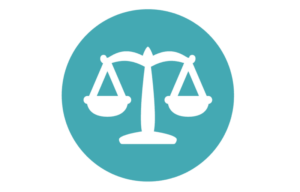Some of the biggest companies in the US have been roped into Clearview AI’s ongoing class action lawsuit. The plaintiffs in the case have filed an amended complaint that lists AT&T, Kohl’s, Walmart, Best Buy, Albertson’s, and The Home Depot as co-defendants, suggesting that those companies violated various privacy laws (including the Illinois Biometric Information Privacy Act) when they purchased access to Clearview’s database and services.

Most of the plaintiffs in the case are residents of Illinois, though residents of California and New York have also signed on to the complaint. They argue that Clearview’s habit of scraping the internet for images of people without their consent is illegal under current law, and that the company’s clients became culpable as soon as they paid for personal information (in this case, facial biometrics) that was obtained through illicit means. The plaintiffs are consequently seeking damages from Clearview and its clients for the people whose images are stored in Clearview’s massive biometric database, which includes upwards of 20 billion images.
Macy’s has previously been named as another co-defendant. Judges, meanwhile have rebuked the efforts of Clearview associates that have tried to remove themselves from the case. With that in mind, it seems likely that the lawsuit will be allowed to proceed with the new additions to the defendant roster. In that regard, the judges have consistently ruled that the plaintiffs have grounds to move forward with at least some of their claims, despite Clearview’s attempts to get the lawsuit dismissed.
The full lawsuit carves out subclasses for residents of California, Illinois, New York, and Virginia alongside the broader nationwide class. Those four states all have their own data privacy regulations on the books. Clearview itself recently settled a separate BIPA lawsuit with the ACLU. That settlement bars Clearview from giving private entities access to its database, though it is still allowed to work with government clients and sell its facial recognition algorithm.
Source: Law Street
–
July 12, 2022 – by Eric Weiss






Follow Us